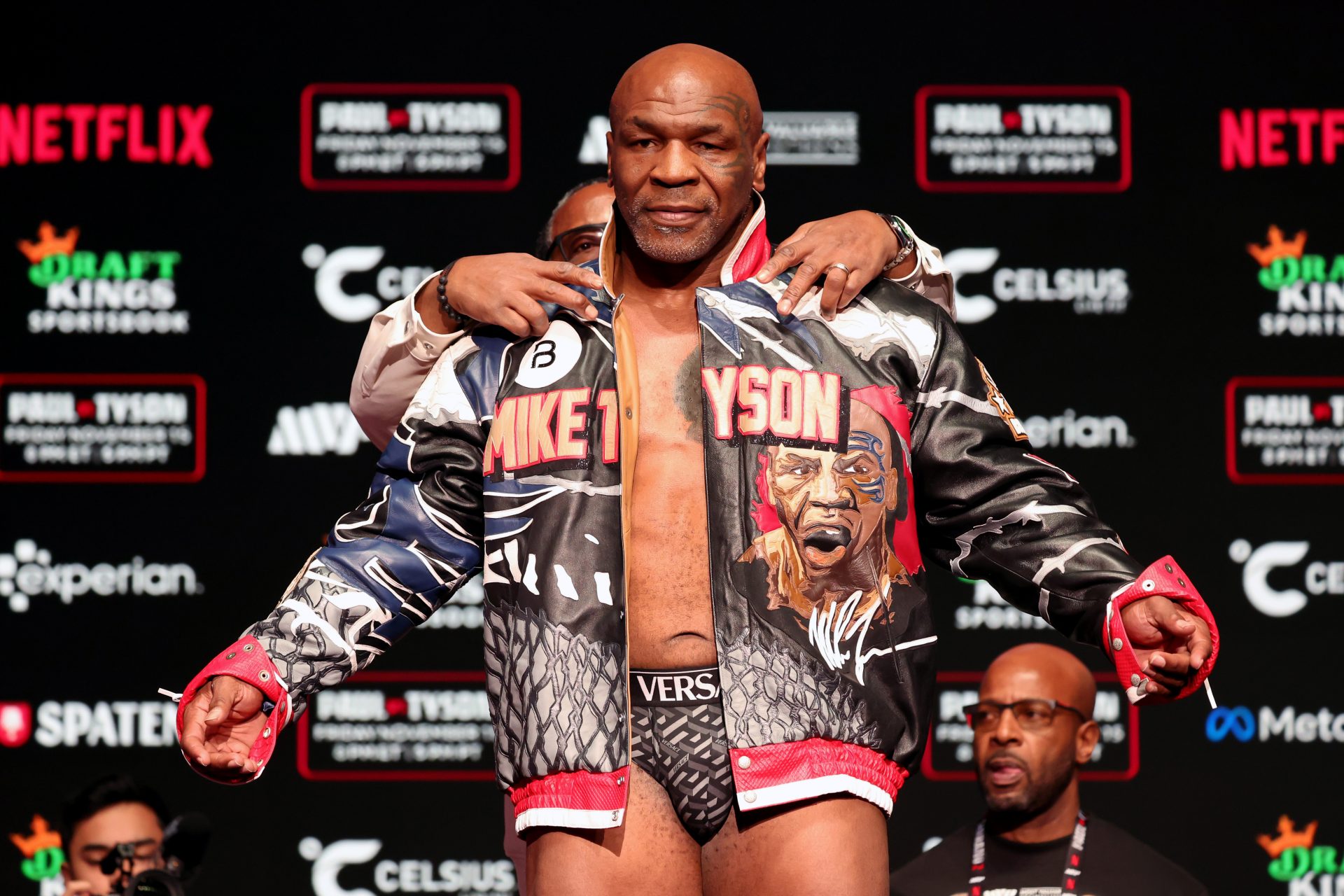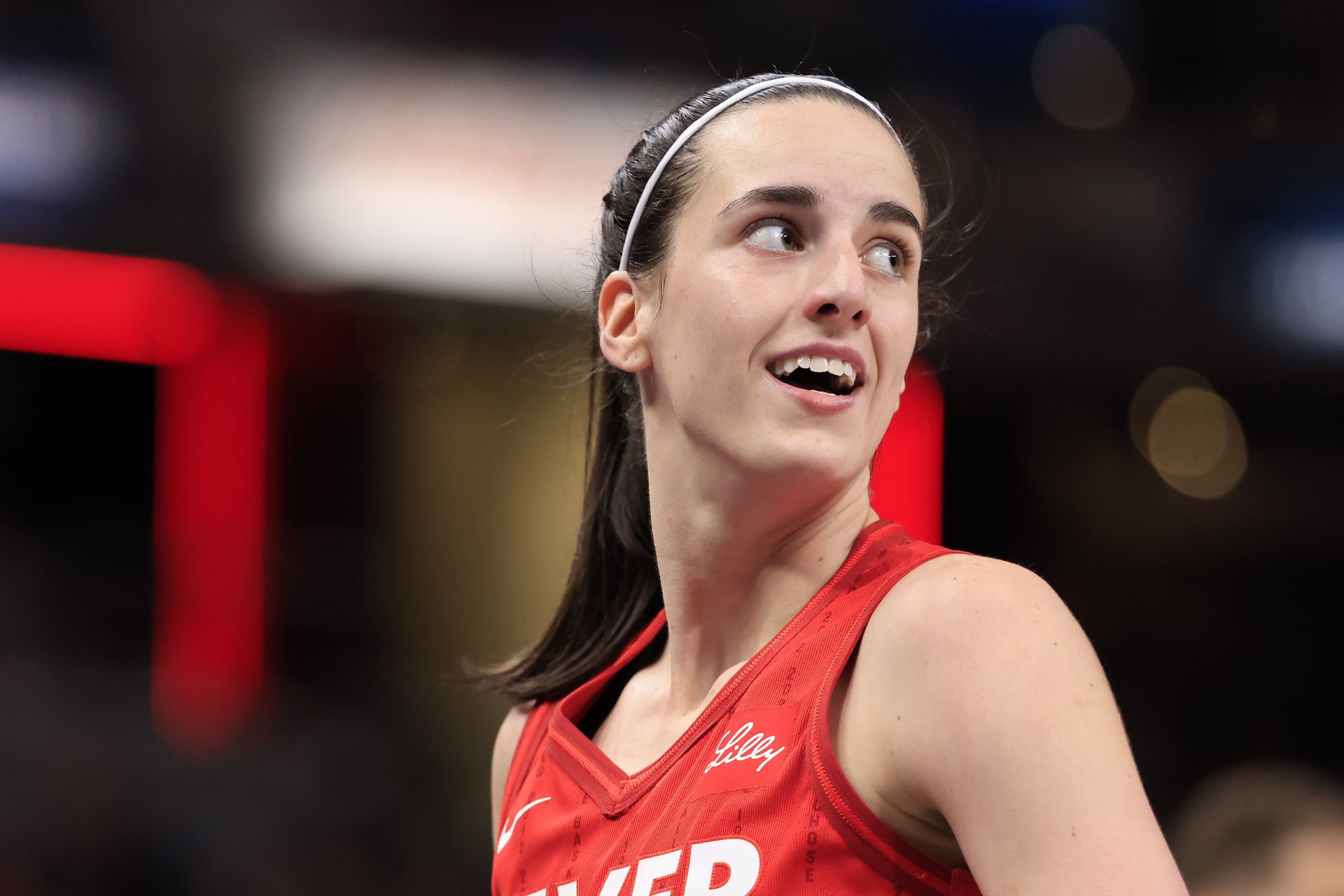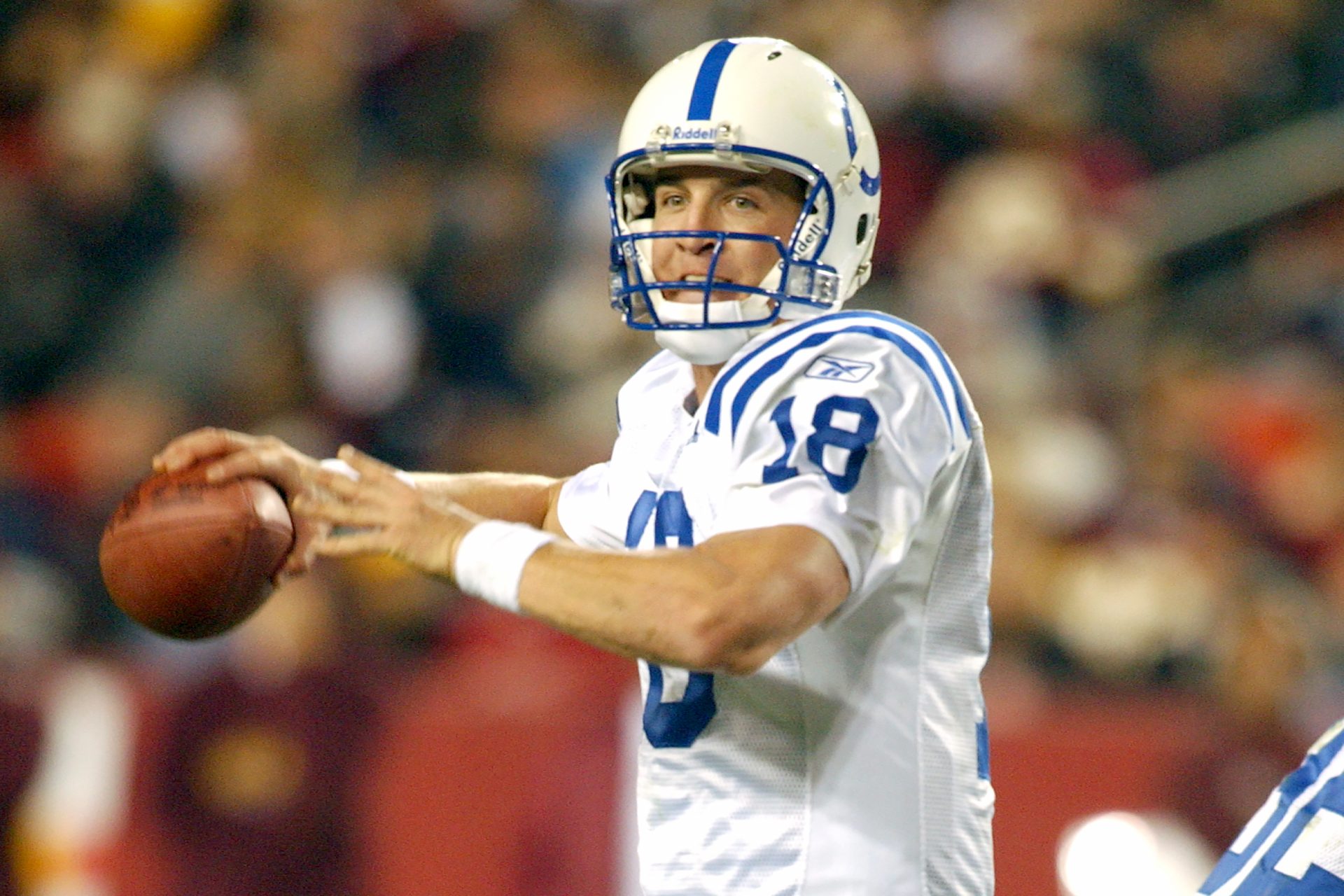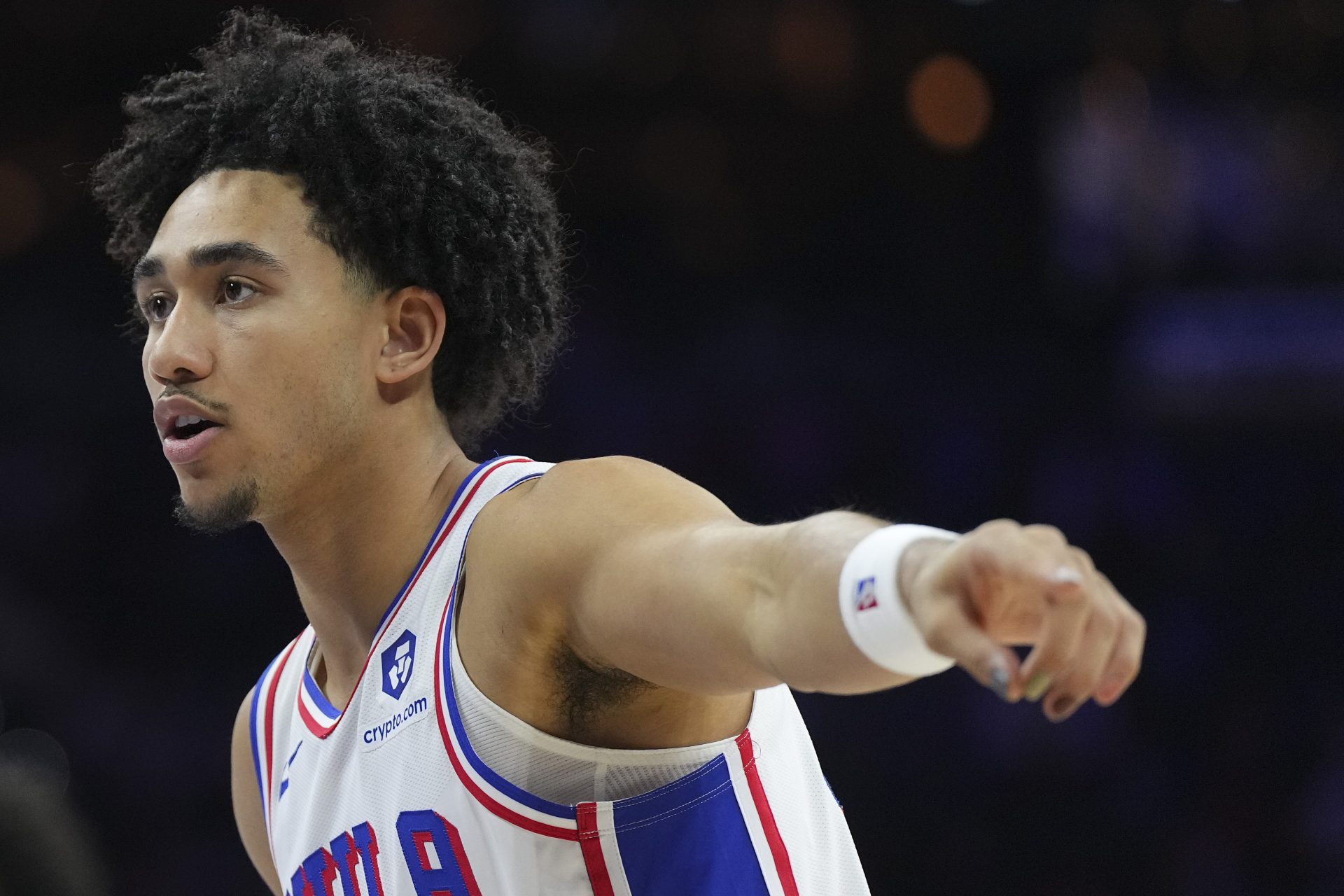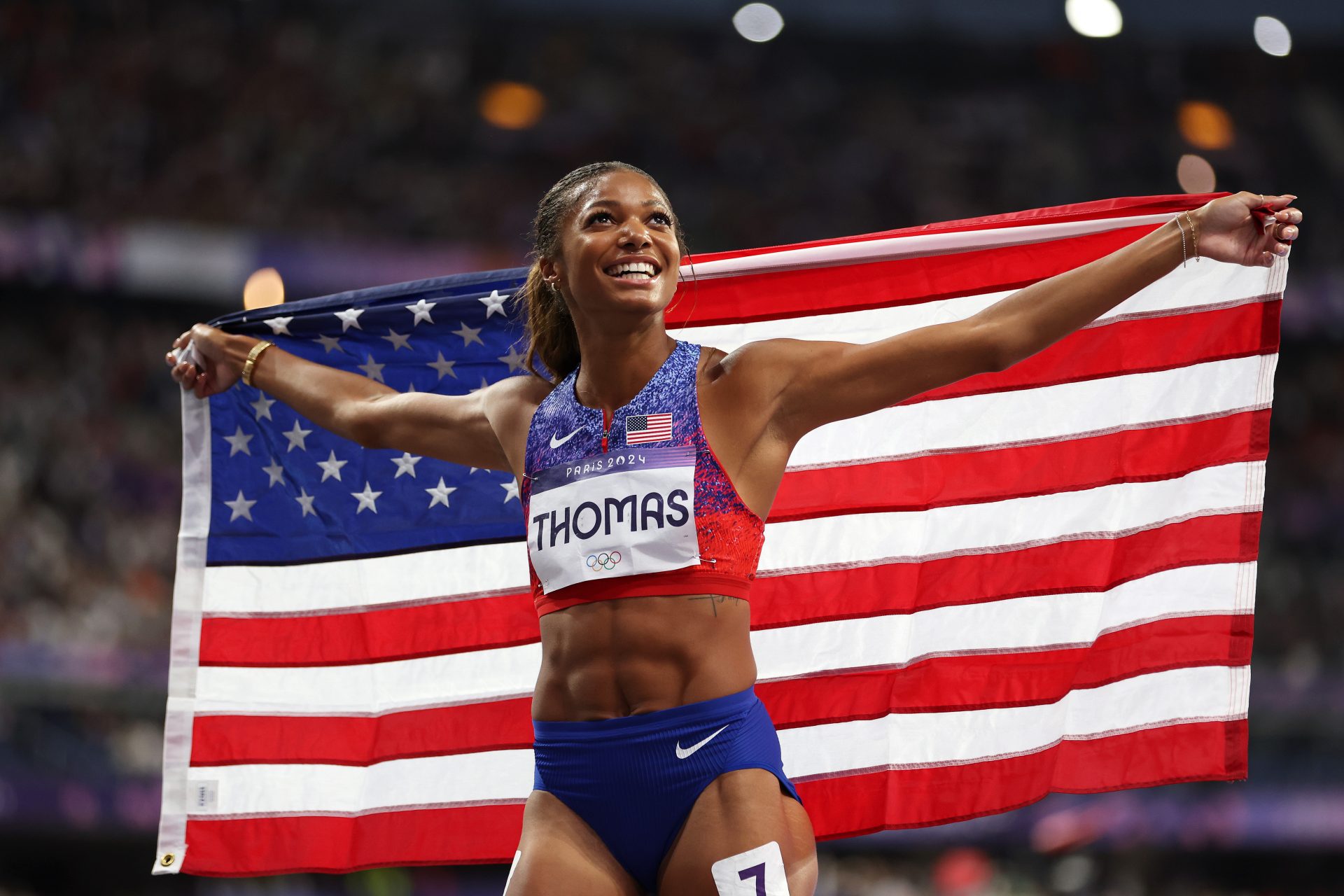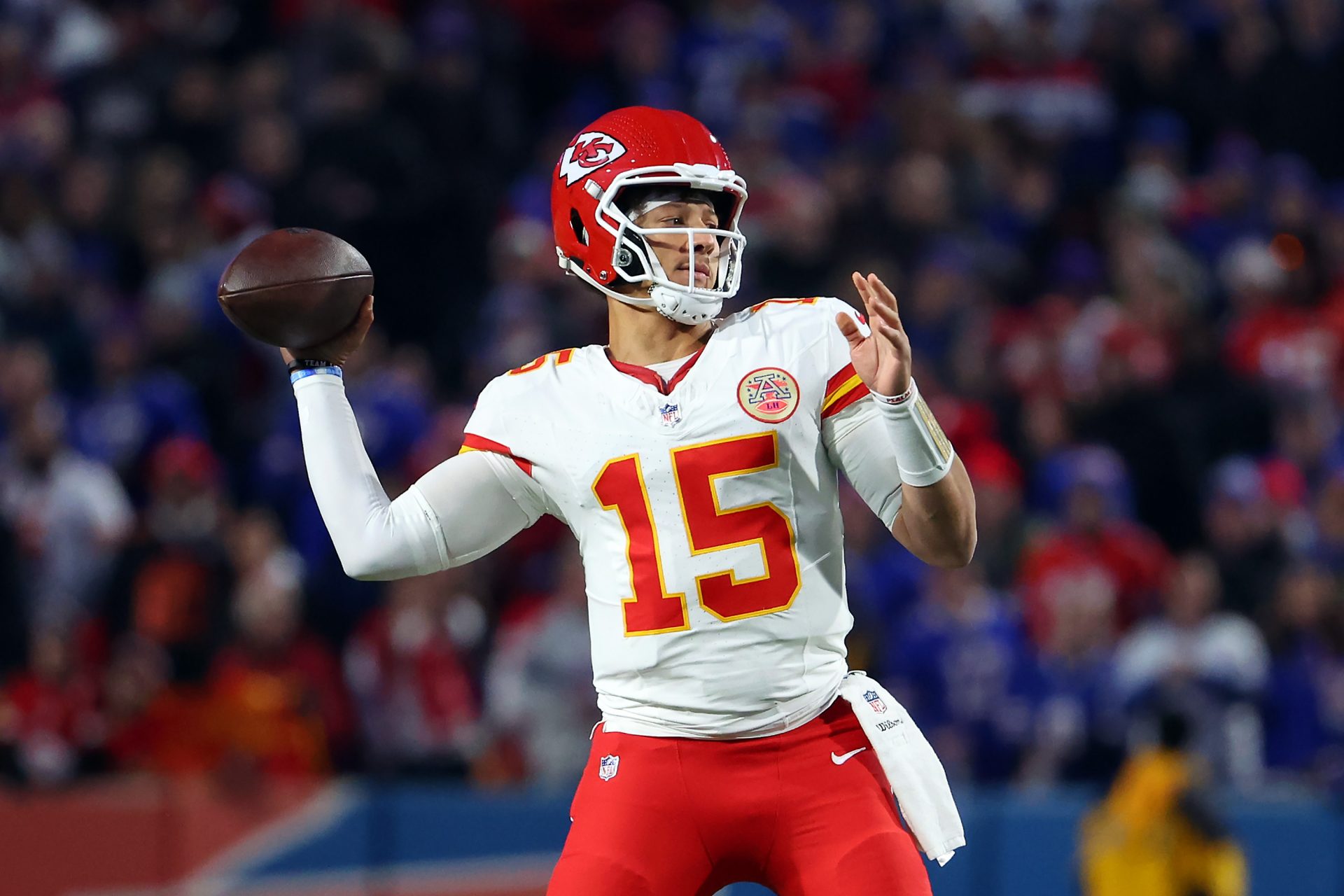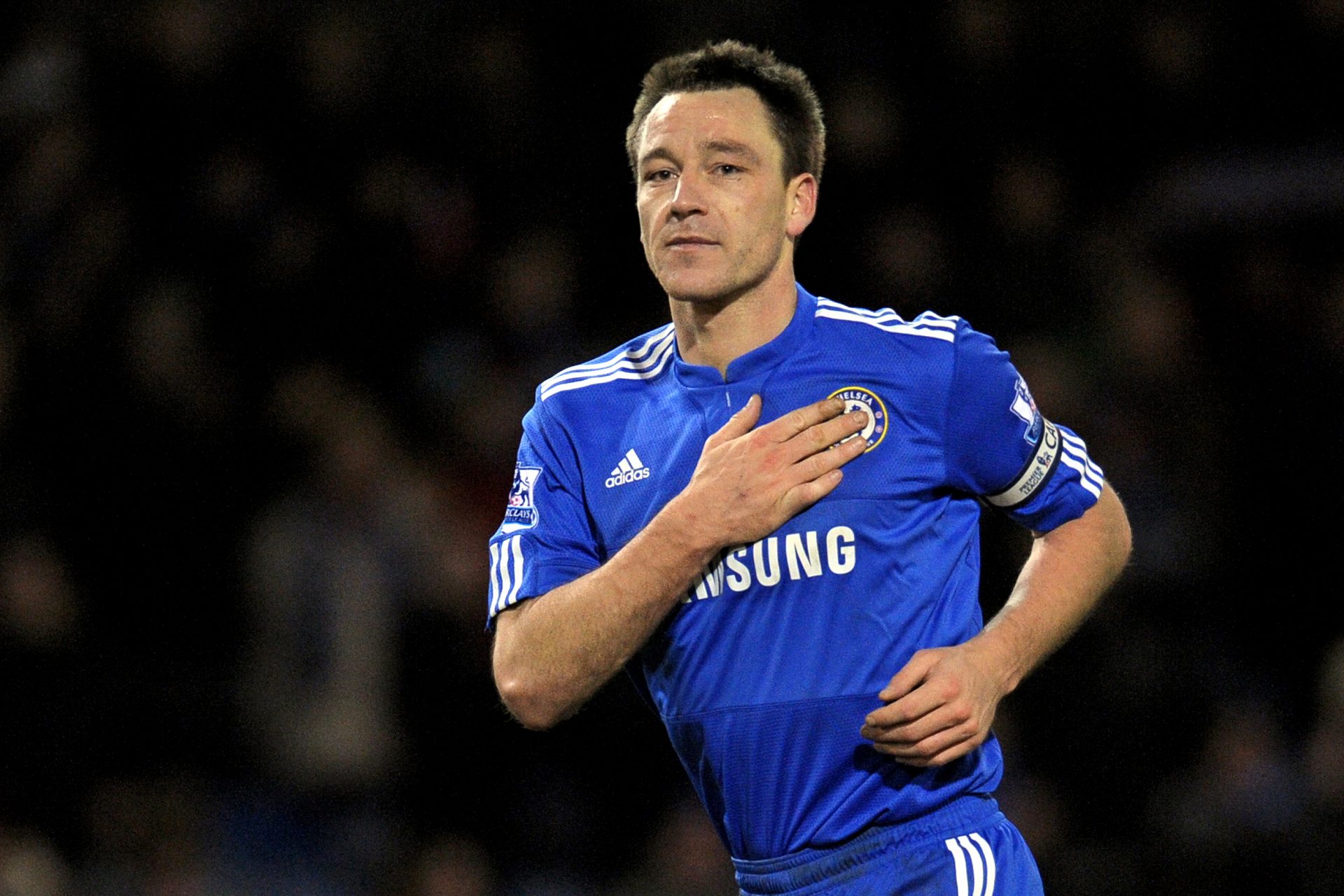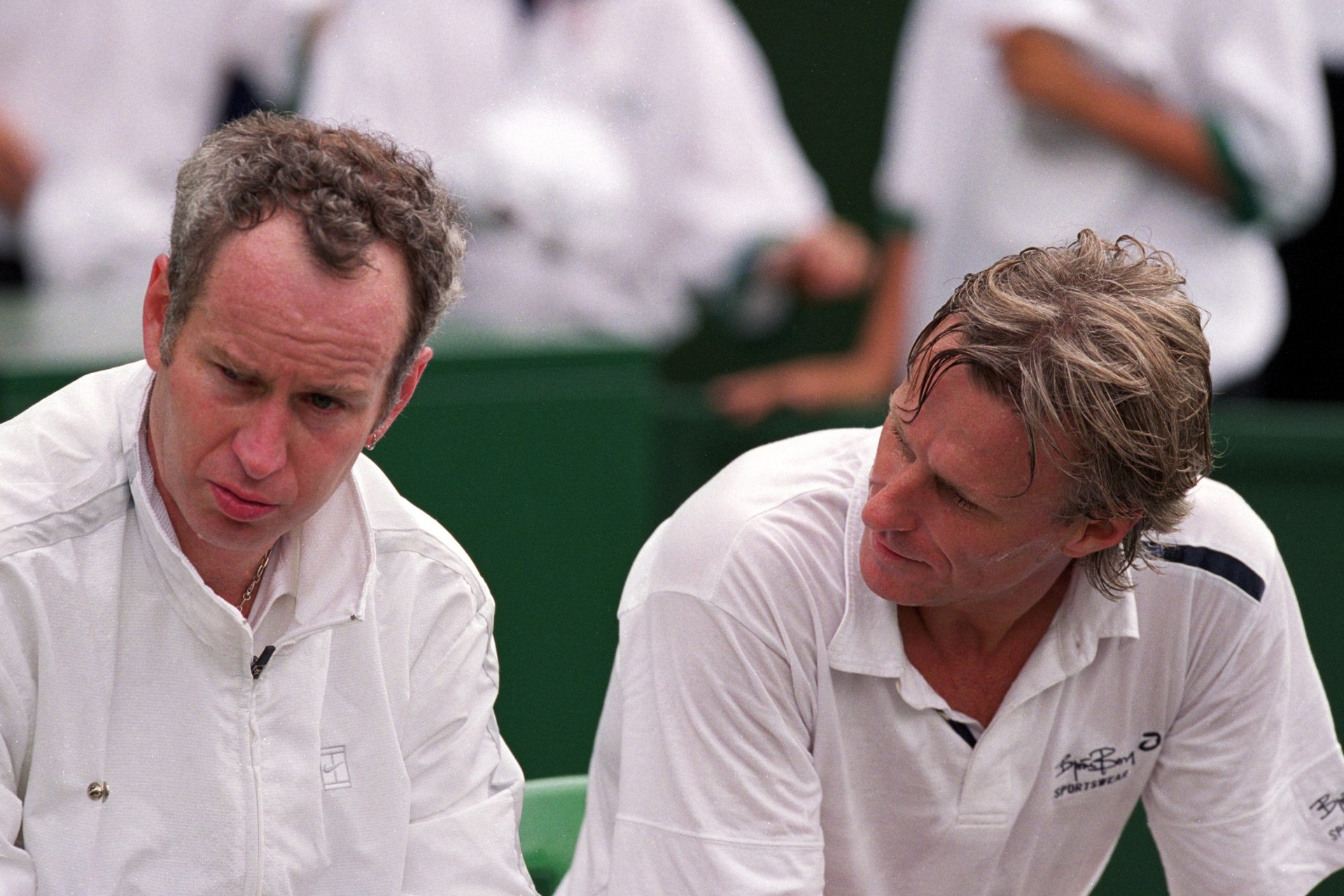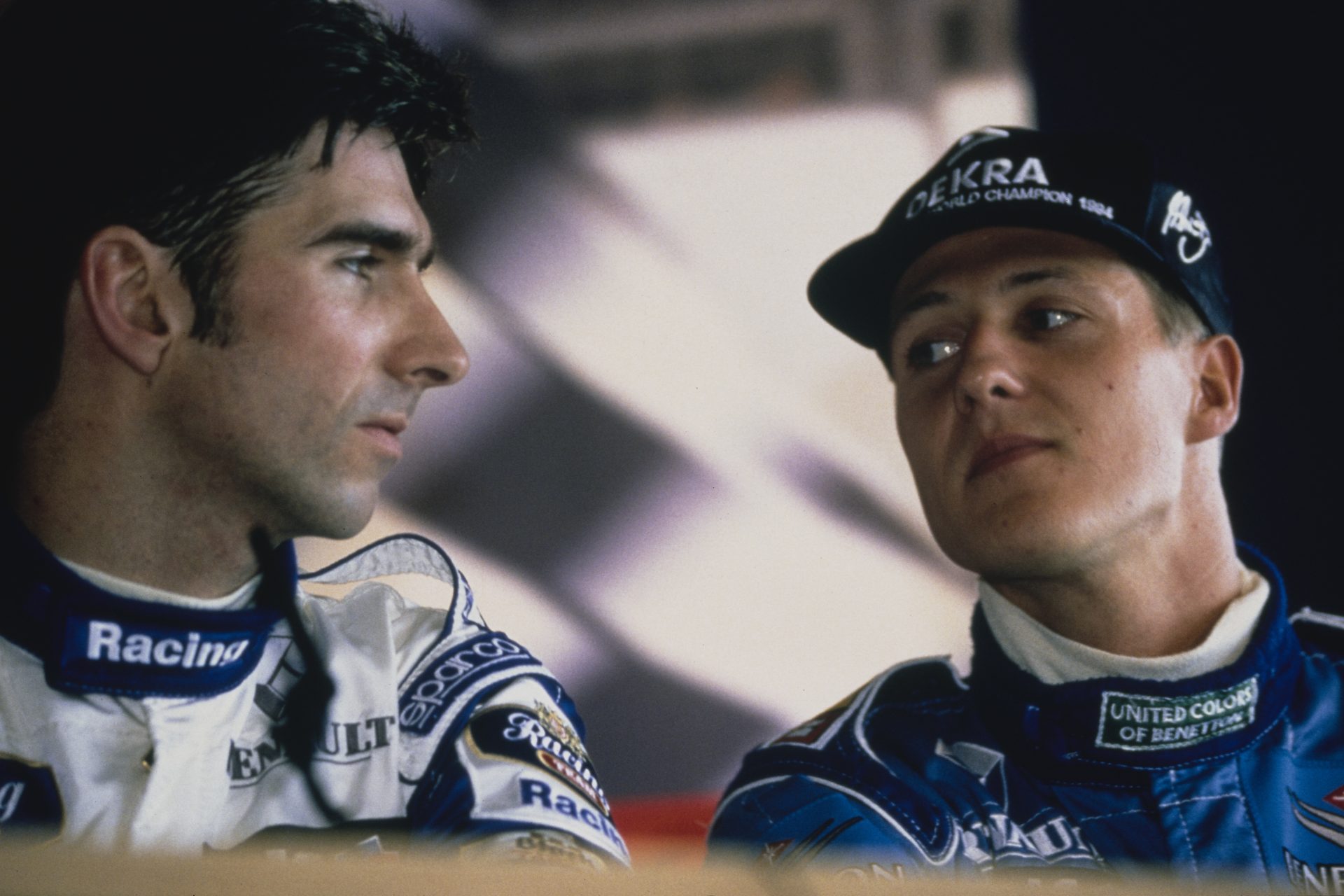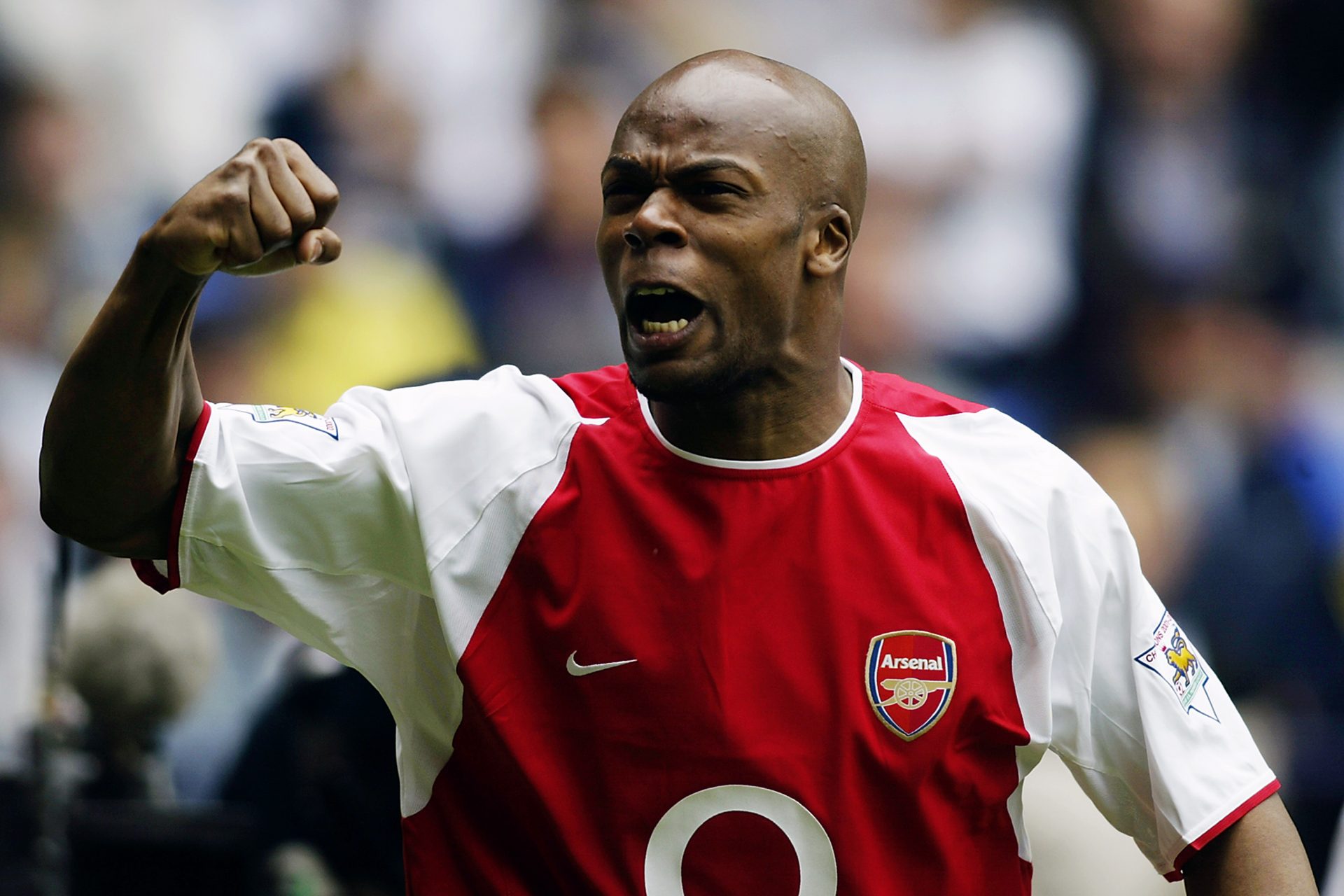The worst riots in English football history
Football is like a religion in the UK, with thousands of people dedicating their lives to their chosen team. While that passion can thrill and inspire, it can also tip over into ugly confrontations and violence.
This ugly side of football in the UK has been an ongoing character of the sport, with everyone from political leaders to Hollywood movies addressing the issues associated with football hooliganism.
While thankfully the seriousness of these events has diminished with the addition of stricter security and more equipped stadiums, let's take a look back on some events that helped change public perception of football violence in England.
As far as riots go, this wasn't the worst, and may even be cause for celebration depending on your heritage, but there's no question the pitch invasion at the England v Scotland Home International Championship in 1977 was a notorious event.
Taking place on April 30, 1977, at Wembley Stadium, the game was a tense affair from the get-go. As the game reached its final moments, Scotland scored a late equalizer, sparking wild celebrations among the Scottish fans.
However, as the celebrations continued, a large group of Scotland fans broke through the fence separating them from the pitch and ran onto the field. They were soon followed by a smaller group of England supporters. The players were forced to flee to the safety of the dressing rooms as fans swarmed the pitch.
The pitch invasion lasted for around 20 minutes before police and stewards were able to regain control and clear the fans from the field. In total, 364 fans were arrested, and 20 police officers were injured.
While football riots had been occurring in England since the late 60s, things took a dark turn in 80s, with the Luton riots being one of the most notorious events.
A quarterfinal FA Cup match between Luton Town and Millwall at Kenilworth Road in March of that year resulted in what many described as "the worst example of football violence seen at an English ground." Millwall fans, reveling in their media-created reputation, ripped up orange plastic seats and used them as weapons and shields while charging onto the pitch, fighting with police and opposition fans. The game had to be halted twice, and at the final whistle, the pitch was invaded again, resulting in several injuries, all played out on live television.
Outside the ground, Luton's MIG crew fought with The Millwall Bushwhackers, with police caught in the middle. 31 men were arrested and detained once police got the situation under control. The incident prompted the British Government, led by PM Margaret Thatcher, to call for serious measures to combat fan violence, including "stiff prison sentences" for those found guilty of stadium violence.
In the following month, a match between Birmingham and Leeds at St. Andrews ended tragically when a 14-year-old boy was crushed to death beneath a wall that collapsed outside the stadium after a day of violence described in one investigation as "more like Agincourt than a football match."
Leeds fans set fire to stalls in the away end, threw concrete breezeblocks at opposition fans, and tore up seats. Even the Leeds boss, Eddie Gray, a legend at Elland Road, was targeted with missiles as he pleaded with fans to stop their rampage.
The riots continued throughout the town, leading to damaged shops and pubs. 104 people were arrested and 12 police officers were injured.
The Manchester United vs Arsenal match on October 20, 1990, was marked by violent clashes between the rival fans at Old Trafford. The tensions had been building for months due to a fierce rivalry between the two teams, and the match itself was highly anticipated. However, things quickly turned ugly as soon as the game began. The Arsenal fans, who were seated in the upper tier of the away stand, began throwing objects onto the pitch, including coins, lighters, and bottles.
The situation escalated when Manchester United scored their first goal in the 23rd minute. A group of Arsenal fans broke through a barrier and ran onto the pitch, attacking the Manchester United players and supporters. The violence continued throughout the match, with both sets of fans throwing objects at each other and clashing with the police.
The game was eventually abandoned after 77 minutes due to the safety concerns of the players and officials. The aftermath saw 24 people arrested and dozens injured. The brawl also resulted in United being docked one point, while Arsenal was stripped of two, according to bleacherreport.com
The West Ham United vs Millwall match in 2009 is one of the most infamous examples of football hooliganism in recent history. The match, which was a League Cup tie, was played at West Ham's Boleyn Ground on August 25, 2009. Tensions between the two clubs' supporters had been building for years, and the match was always likely to pressure cooker environment.
The violence started before the match even began, with rival fans clashing outside the stadium. Once inside, things quickly escalated. West Ham fans ran onto the pitch and attacked Millwall fans in the away end. Fans fought with police and stewards, and objects were thrown onto the pitch.
The match was suspended twice, and at one point it looked like it might be abandoned altogether. In the end, West Ham won 3-1, but the result was almost irrelevant given the violence that had taken place. The incident highlighted the need for increased security measures to be put in place at football matches, particularly those involving high-risk teams with a history of violence.
On May 2, 2021, Manchester United was scheduled to play Liverpool at Old Trafford. However, the match was postponed due to a protest against the club's owners, the Glazer family, by a large number of fans who broke into the stadium.
The protesters were demonstrating against the Glazers' ownership of the club, which they believed was prioritizing profits over the well-being and success of the team. The fans were also upset about the club's participation in the ill-fated European Super League.
Around 1,000 protesters gathered outside the stadium before the match and some managed to break through security barriers and storm the pitch, while others clashed with police officers. Some fans set off flares and threw objects at the stadium.
The match was initially delayed before being postponed altogether, with the Premier League citing safety concerns. The incident was widely condemned by both Manchester United and Liverpool football clubs, as well as the wider football community, for the dangerous and illegal behavior of the protesters. The Glazer family also issued a statement apologizing for the disruption and promising to engage in dialogue with fans to address their concerns.
More for you
Top Stories


























